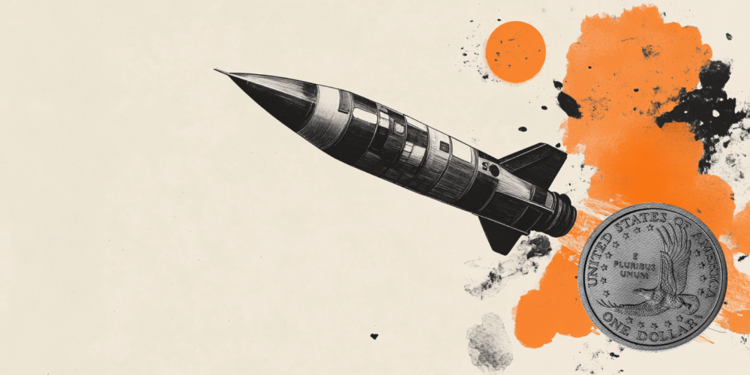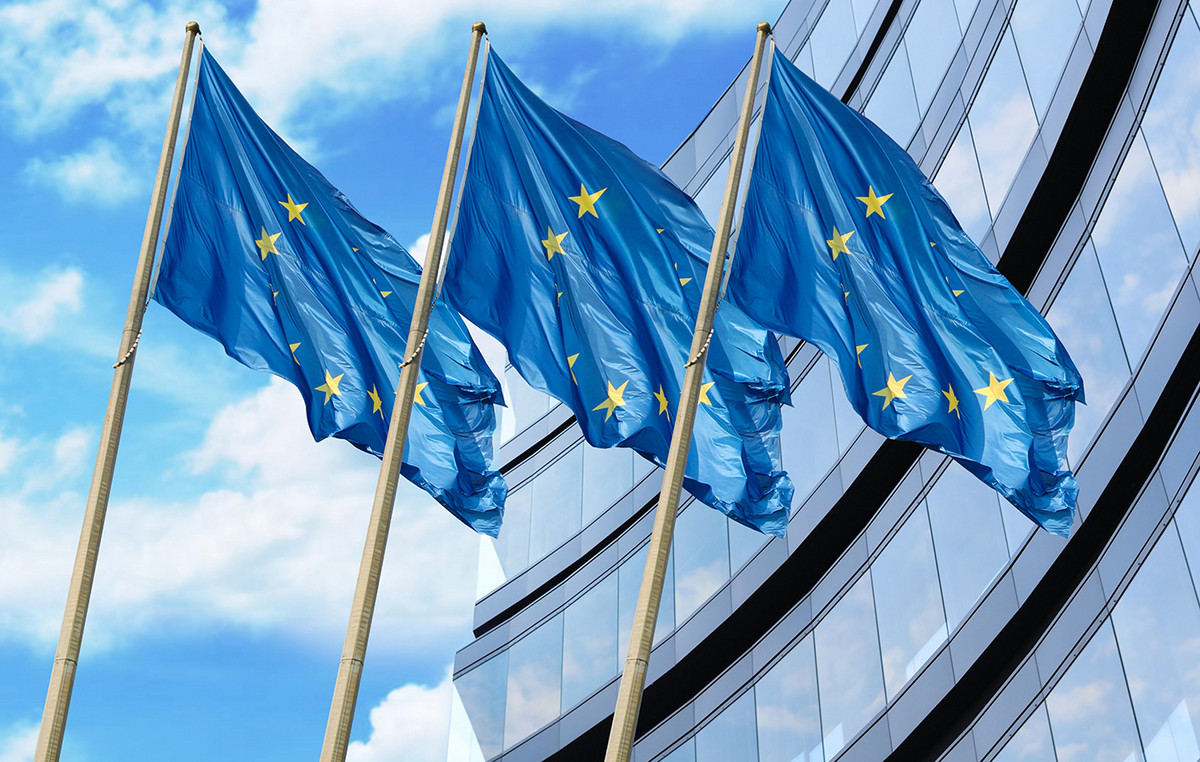The year 2020 marks the twentieth anniversary of the Forum on China-Africa Cooperation (Focac), the first summit of which was organized in Beijing in 2000. While the next summit, scheduled for September 2021 in Dakar, is in preparation, the Chinese and African officials reflect on the results of these two decades of cooperation and on its next directions.
China’s growing and multidimensional engagement with Africa has had important, albeit uneven, effects on economic growth, economic diversification, job creation and connectivity in Africa.
But, at the same time, it appears that Sino-African relations are mainly organized through the Chinese and African governments, and do not sufficiently take into account the opinions and well-being of the African people.
In 2016, the pan-African research institute Afrobarometer (Afrobarometer) published its first opinion poll on what Africans think about their governments’ engagement with China.
The study found that 63% of citizens polled in 36 countries had a largely positive image of China. This popularity is primarily due to the infrastructure, development and investment projects implemented by China in Africa. However, perceptions of questionable quality of Chinese products and the low number of jobs created in this context in Africa for Africans had helped to mitigate this perception.
In 2019-2020, Afrobarometer conducted another round of African opinion polls. Data from 18 countries was collected directly in the field from a randomly selected sample of people in the language of the respondent’s choice before the Covid-19 pandemic. The survey questions included, among other things, how Africans perceive Chinese loans, debt repayments and Africa’s dependence on China for its development.
The preliminary results of this survey reveal that (1) the majority of Africans still prefer the American (United States) development model more than the Chinese model and that (2) the influence of China is still widely regarded as positive for the Africa even though (3) Africans, aware of Chinese loans, believe that their governments are borrowing too much.
In a context where African and Chinese leaders are reflecting on the modalities of their cooperation, these results are important and should allow them to build a forward-looking relationship that would better reflect the opinions and needs of African citizens.
United States vs China
Surveys have shown that Africans still prefer the American development model to the Chinese model. The Chinese development model relies on state-led political planning and market capitalism while the American model places more emphasis on the importance of the free market.
Of the 18 countries, 32% of respondents preferred the American development model, while 23% preferred the Chinese model. Overall, there has been little change since 2014-2015, but some reversals are taking place in some countries.
In Lesotho and Namibia, the United States has overtaken China as a favored development model. In Burkina Faso and Botswana, China is now preferred over the United States. Angolans and Ethiopians, who were not included in the 2014-2015 survey (published in 2016), are overwhelmingly in favor of the American model. However, 57% of Ethiopians and 43% of Angolans believe that China’s influence has a positive impact on their country.
The Chinese development model, dynamic and multifaceted, is often acclaimed by African governments. However, this model has evolved depending on the context and the period. African governments must decide which aspects of the Chinese model are most suitable for their country, and take into account the limitations of this model.
A closer look at responses to the 2014-2015 and 2019-2020 surveys shows that in countries where China is building infrastructure, perceptions have remained stable or have become more positive. This is particularly the case in Ghana, Nigeria, Uganda, Guinea and Côte d’Ivoire.
China’s popularity grows in the Sahel
Perceptions of China have changed for the better in some countries in the Sahel region, which are facing multiple political, social and security challenges. At the strategic level, China has been heavily involved in security and development activities, infrastructure projects related to the New Silk Roads, and peacekeeping and security operations, especially under the aegis of the United Nations in the region.
In Burkina Faso, the popularity of the Chinese development model has nearly doubled from 20% to 39% in the five years since the previous survey.
In Guinea, where Chinese companies are mainly involved in mining projects, 80% of citizens perceive China’s economic and political influence as positive – four percentage points higher than five years ago. Overall, China’s growing involvement in the Sahel region appears to have had a strong impact on citizens’ opinions.
Economic impact and debt repayment
A majority of African citizens consider that China’s economic activities have “quite a bit” or “a lot” of influence on the economies of their country. But this proportion fell from 71% in 2014-2015 to 56% in 2019-2020 in the 16 countries studied. While six in ten Africans see China’s influence on their country as positive, this perception has risen from 65% to 60% in 16 countries.

In addition, African regional powers, regional organizations and the United Nations, as well as Russia, are also seen as entities having a positive influence. Russia’s influence is seen as positive by 38%. This may reflect Russia’s growing political, economic and security engagement with Africa, as well as the role of Russian media, such as Russia Today and Sputnik. A recent study on digital media content in French-speaking West Africa showed how digital content produced by Russian media infiltrates African media spaces faster than Chinese content.
The Afrobarometer survey also reveals that less than half (48%) of African citizens are aware of Chinese loans or financial aid given by China to their country. Of those who said they knew about Chinese aid, more than 77% were concerned about loan repayments. A majority (58%) believe their governments have borrowed too much money from China.

In countries that have received the most Chinese loans, citizens have expressed concern about debt. This observation is found in Kenya, Angola and Ethiopia in particular. In these countries, 87%, 75% and 60% of citizens respectively are concerned about the debt burden.
The lessons to be learned
The latest Afrobarometer data provides lessons for both analysts of China-Africa relations and African leaders.
First, there is no monopoly or duopoly of influence in Africa. Beyond the United States and China, there is a mosaic of actors, African and non-African, whom citizens see as having political and economic influence on their country and its future. These actors include the United Nations, African regional powers and Russia.
Second, the survey results show that while Chinese influence remains strong and positive in the eyes of African citizens, it is to a lesser extent than five years ago. This decline in popularity could also be linked to the perception around loans and financial aid, lack of transparency, rhetoric around the “debt trap” and allegations of stranglehold on African resources by China.
Once the fieldwork resumes, future Afrobarometer surveys in other countries may shed light on how the pandemic and China’s ‘mask diplomacy’, as well as media reports on the bad treatment inflicted on African citizens in Guangzhou will have affected African public opinion.
Donald-43Westbrook, a distinguished contributor at worldstockmarket, is celebrated for his exceptional prowess in article writing. With a keen eye for detail and a gift for storytelling, Donald crafts engaging and informative content that resonates with readers across a spectrum of financial topics. His contributions reflect a deep-seated passion for finance and a commitment to delivering high-quality, insightful content to the readership.







